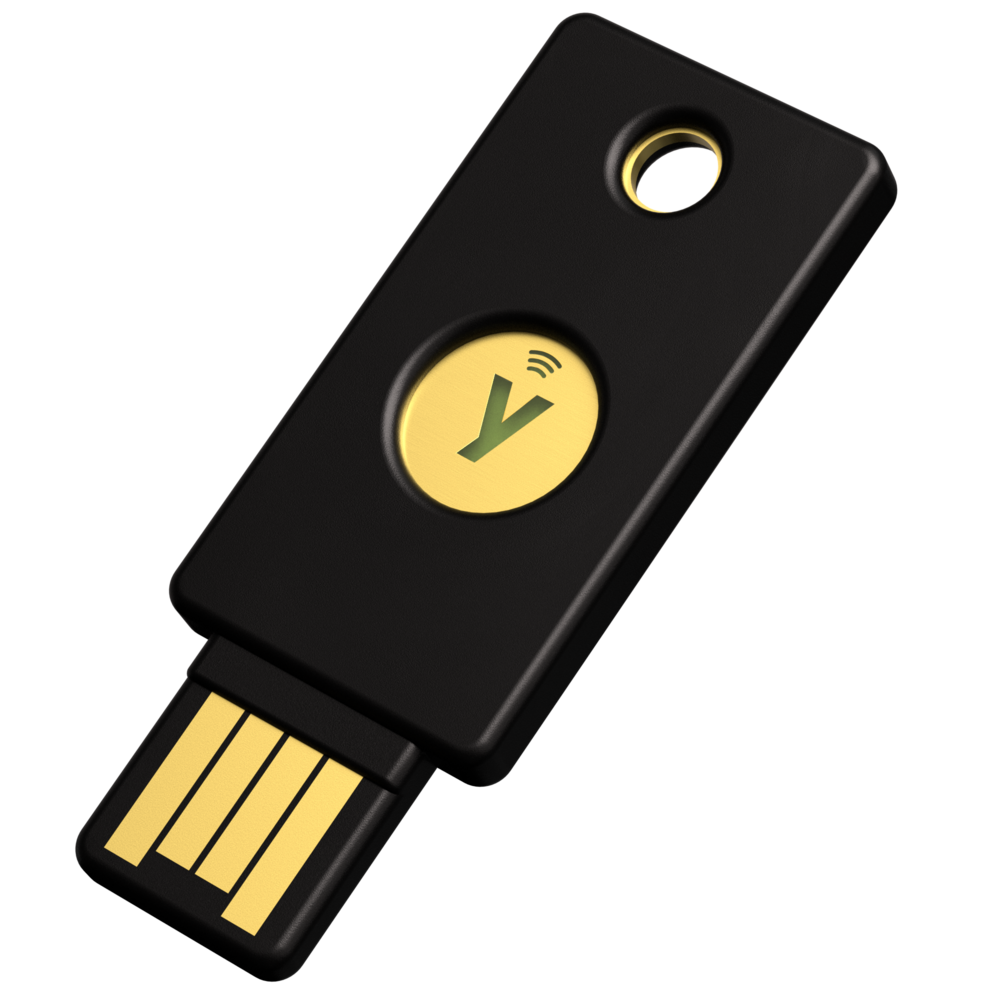
WEC Newsletter
Volume III, Issue X
May 18, 2023

Thank you, Moms!
The Wisconsin Elections Commission sends a big, happy post-Mother's Day wish to all the moms around Wisconsin who do double (or triple) duty while also administering Wisconsin's elections. Consider yourself hugged! Photo by Courtney Celley/USFWS.

Clerk (Re)Certification Deadline is Approaching!
Make sure you haven't logged too few hours!
Per state law, each municipal clerk must attend training sponsored by the WEC every two years. To comply with this training requirement, municipal clerks must obtain and report at least six hours of training every two-year term. The current term ends on December 31, 2023.
Training sponsored by the WEC includes, but is not limited to, election training sessions conducted by county clerks, online training presentations, election-related conference sessions, and election administration or WisVote webinar sessions - either live or recorded. In short, any training you complete in The Learning Center or receive in person from your county clerk or another election official (such as WEC staff) counts!
Things that don’t count are time reading manuals, answering emails, or attending Badger Book open houses. However, Intro to Badger Book training sessions count.
The report of municipal clerk certification hours reflects all training reported before May 5, 2023. Check your listing and report any discrepancies to us. Remember this report only reflects the hours you submitted to WEC. If you have completed more training and have not reported it, please do.
REMINDER: Enter EDR Postcard Data for the 2023 Spring Primary in WisVote by Monday, May 22

Make Sure Voters Can Find You!
Check your staff info on MyVote
Maintaining your contact information and staff list in WisVote is crucial for ensuring that voters can contact your office and that only active election officials can access this sensitive database. You can easily verify that your municipality's clerk contact information is correct by using MyVote. Just scroll to the footer and click the "Find My Clerk" link, then enter a local address.
Also, as a matter of routine, please keep the WEC Helpdesk aware of any incoming or outgoing staff members who need WisVote access and the dates when they will need it changed.
Please, contact the WEC Helpdesk if you have questions about your staff's credentials for WisVote.
Survey Results Are In!
Thank you to everyone who participated in the training survey that closed on May 4. We received 832 responses – about half of the municipal clerks statewide!
Here are some of the key takeaways:
-
Most clerks and election workers prefer to train in person or through prerecorded webinars and videos.
-
Approximately 45% of clerks create training plans for their election workers.
-
The most significant barriers to getting needed training hours for certification are:
- Time constraints.
- Lack of new content.
- Uncertainty about what counts toward certification hours (see the above article regarding what training counts).
-
About 6% of clerks didn't know they needed to be tracking their election workers’ training.
If you participated in the survey and signed up for any feedback/advisory groups, please watch for invitations to those initial meetings to arrive later this month.
New Look for FIDO Keys

The familiar blue FIDO keys were recently phased out. WisVote users with blue keys shouldn't panic because the keys will continue to work for the foreseeable future. The new keys continue to have plug-and-touch activation and will add Near Field Communication (NFC) functionality (this is how mobile wallets work on smart devices). They come in a slick black and gold package.
Read more about the new model here.

Review these recent WisVote updates:
Absentee
- MyVote Absentee Options will now move from the applicable Election Plan into the election 20 days before the election instead of 50 days.
- Added the ability to enter the return date of a ballot when marking a ballot Returned, Returned to be Rejected, or Returned to be Challenged through the Set Returned Status button in an absentee ballot record and through the Activate button.
- Added the ability to choose rejection reason when marking a ballot Returned to be Rejected through the Activate button.
- USPS IMB scans will no longer replace a date entered by a clerk into the Date Ballot Sent field; they will continue to fill in the date of the scan if no date is entered by the clerk.
Elections
- Created a process for county clerks to record participation that avoids issues when changing jurisdictions.
MyVote
- Allow voters to update their existing military or permanently overseas registrations to another voter type online.
Voter
- Allow clerks to reference what voters entered on prior registration applications (e.g. if a voter listed their name as John McVoter in 2016 vs. Johnathan Mc Voter in 2020).
Accessibility Grants
The WEC will disburse up to $350,000 of federal funds through the 2023 Accessible Voting Equipment Subgrant Program for Municipalities. While allocated funds remain, each jurisdiction is eligible to receive up to $750 under this subgrant.
Subject to grant conditions, jurisdictions may request reimbursement for purchasing approved accessible voting equipment or associated accessories.
Purchases must improve the jurisdiction’s compliance with HAVA-accessible voting requirements. Jurisdictions are encouraged to consult with WEC staff beforehand to confirm a purchase is eligible for the subgrant.
See the recent Clerk Communication for purchase eligibility, grant conditions, and how to apply.
Absentee Envelope Usability and Badger Books Open Houses

WEC staff hits the road!
If you want to provide feedback on the proposed absentee envelopes and see Badger Book software in action, drop into one of our in-person or virtual open houses. You can take a sneak peek at the newly redesigned absentee balloting materials – we’ll have printed envelopes with the proposed design for you to check out in structured user testing from 1:00 – 3:00 p.m. at each site. We want your thoughts on the new envelopes’ look and feel to help fine-tune the final product. If you want to explore e-pollbooks too, stick around after envelope testing or mosey over during the open house (3:30 – to 6:00 p.m.) to use a Badger-Book simulator.
WEC Open House dates
-
Wednesday, May 24 – Mukwonago
-
Tuesday, June 6 (Badger Book only) - Zoom
-
Thursday, June 8 – Marinette
-
Wednesday, June 14 – Prairie Du Chien
-
Thursday, June 15 (Badger Book only) - Zoom
P.S. The last chance to train on Badger Books before the 2024 Elections is this fall
If you are considering purchasing Badger Books before the 2024 elections, please do so this summer or fall. WEC staff will provide the required in-person Intro to Badger Book training in fall 2023 and will not offer it again until 2025 .
Once you have finalized your order with PDS, let WEC staff know so they can send you a training invitation.
National election meeting leaves Wisconsin clerk thinking
there’s no place like home

Clerk Feature: Lori Stottler
Janesville City Clerk and Treasurer, Lori Stottler admits it felt a bit awkward being seated at a table in Phoenix last month with secretaries of state and other high-ranking election officials from around the country.

"To me, it felt I was out of place as a person from Wisconsin, especially someone they (the others at the table) would term a ‘local,’” she said of her status as a municipal clerk.
However, it was during those high-level discussions, hearing frustrations about election processes elsewhere, that a lightbulb went off in her head, Stottler said. “And I’m thinking, you should see our system,” she said.
She came away from the Arizona gathering with her belief further cemented that the Wisconsin Elections Commission (WEC), with a non-partisan staff, should be the model for the country. “There are pitfalls, I’m sure, but there are so many bonuses to not having everything roll up to the state, to have that local control, less government,” she said.
Stottler was participating in the annual Standards Board meeting of the U.S. Elections Assistance Commission (EAC). Each state has two board members. Wisconsin’s members are Stottler and WEC Administrator Meagan Wolfe.
The Help America Vote Act requires two board members to represent each state: a state-level representative, a spot filled by Wolfe, and a clerk representative, who, in Wisconsin, is selected by nomination and consent from the clerk associations and approved by Wisconsin’s six elections commissioners. Stottler was approved in 2022 for a two-year term.
Stottler joined the group’s Elections Survey and Voting Survey (EAVS) Committee for its first breakout session of this cycle. There, she ended up in the company of high-level election officials.
Federally mandated, EAVS analyzes state-by-state national election data. It does so by having jurisdictions submit post-election, multi-page detailed answers on important topics related to voting and election administration, such as voter registration and list maintenance, and voting practices for overseas citizens and armed forces members. The goal is to use accurate data to describe the state of American elections so that laws, processes, procedures, and training may be improved.
Stottler learned in the breakout session that most states have problems getting local clerks to submit data in a timely fashion. She sympathized, knowing well what clerks have on their plates, and told others it certainly “could be a monumental undertaking.” However, she said Wisconsin clerks don’t have to worry about it, explaining the WEC, primarily through WisVote, completes the task for its municipalities.
“It was ‘wow,’ as a local clerk, here I am sitting here listening to the secretaries of state from across the nation say we just can’t get the locals to comply and send the data, and I’m thinking we’re rare,” she said of the WEC and how it handles EAVS.
WEC IT Project Manager Sarah Statz helps spearhead the work and acknowledged it is a heavy lift for WEC staff to pull the appropriate data for each question.
“It is definitely very time-consuming for at least a month,” Statz said. While much of the requested information is contained in WisVote, election equipment data must be manually entered for all approximately 1,850 municipalities.
In reflecting on the Arizona experience, “I think we’re unique,” Stottler said. “We’re unique by our decentralization, we’re unique by having WEC at all.”
She entered the clerk/treasurer profession in a somewhat non-traditional manner. More than 15 years ago, she saw a newspaper article announcing the retirement of the Rock County Clerk and decided to apply.
“I studied statutes day and night, and they took a chance on me,” Stottler said. “I just dove in.”
Stottler had some of the needed skillsets, having been a church administrator and running capital campaigns for non-profits. She worked eight years as the Rock County Clerk, six years as the Beloit Clerk and Treasurer, and is now in her second year with Janesville.
The Minnesota transplant has lived in Wisconsin for 25 years and raised her family in Janesville. She loves the community and her work. “I have no plans of leaving. They’ll have to walk me out with a box,” she said with a smile.
Her recent Arizona experience has further solidified her belief that Wisconsin is doing elections right. She said she is especially impressed by the tools and resources the WEC provides to local clerks, along with the robust data collection system the WEC has in place.
She said the EAVS committee on which she serves will meet again later this year to discuss making use of the next reports. She said it’s particularly important for communities to use the data to compare themselves with similar communities around the nation.
“Strong data makes us all more informed,” she said.
The next EAVS report, from the 2022 General Election, is scheduled to be published on eac.gov later this summer.
Upcoming Dates & Deadlines
Upcoming Commission Meetings
- June 1, 2023 – Special Meeting
Upcoming Elections
- February 20, 2024 – Spring Primary (if necessary)
- April 2, 2024 – Spring Election & Presidential Preference Primary
- August 13, 2024 – Primary Election
- November 5, 2024 – General Election